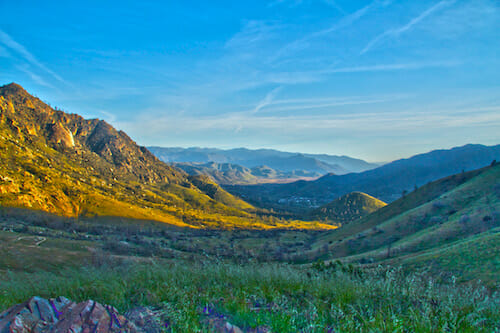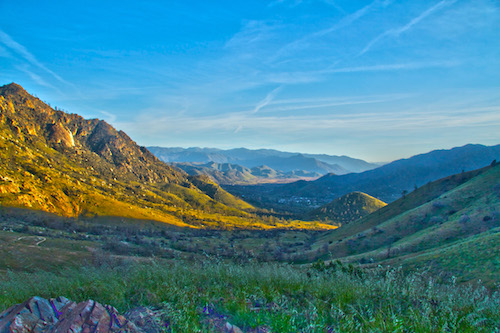News & Updates
Does a Leave No Trace Ethic Make a Meaningful Difference?


Boulder, CO: For over two decades, the Leave No Trace Center for Outdoor Ethics has worked to teach outdoor skills and the principles of thoughtful behaviors to people who venture into the natural world.
With massive threats to natural areas on the rise—like water pollution, species loss and declining forest habitats—there’s a clear need to take action and help protect the planet. Outdoor enthusiasts may be tempted to blame the degradation of resources on industrial pollution or large-scale land development, but in truth the collective impacts of human visitors are substantial.
“One of the biggest misconceptions we encounter is the idea that a single person enjoying time in the woods or on a river can’t cause serious problems,” says Ben Lawhon, the Education Director at the Leave No Trace Center for Outdoor Ethics. Another misunderstanding is that one person can’t make much difference by putting Leave No Trace into action. “Impacts in the outdoors are both individual and cumulative; they add up over time. What that means is that if just one person does one or two things to minimize their individual impact on any given outing, that person is indeed making a positive difference for our shared recreational resources,” says Lawhon.

Photo: California's Kern River was a 2016 Hot Spots location.
Anyone who doubts the importance of impacts from recreation needs only to consider the example of wildfires. “As many as 90 percent of wildland fires in the United States are caused by humans,” according to the National Park Service. The NPS attributes, “campfires left unattended, the burning of debris, negligently discarded cigarettes and intentional acts of arson” as the primary causes of wildfires.
While fires pose a clear and dramatic threat to natural places, there are many other areas of concern that a Leave No Trace outdoor ethic addresses, including serious problems like these:
- Invasive species are among the four most critical threats to the nation’s ecosystems, according to the USDA Forest Service. The agency is conducting education campaigns—including the Leave No Trace Seven Principles—with hunters, anglers and other outdoors people to increase awareness about how human activities may contribute to the spread of these destructive invaders, which are often transported unknowingly by human visitors.
- A recent scientific analysis of a remote section of Colorado’s Rocky Mountain National Park concluded that hikers and sightseers were the most likely source for a variety of contaminants—including 25 pharmaceutical compounds—found in the South Platte River. The chemicals included human birth control, as well as components of heart medicine, diabetes medicine and blood pressure control medicine. These compounds can be transferred to the environment through the improper disposal of human waste, and are likely to travel far downstream since they are highly durable.
- Human activities affect wildlife populations by disturbing animals, degrading habitat and attracting animals into conflict situations with humans, often as a result of improper food and trash storage. Brown and black bears are among the vulnerable species—interactions with human visitors contribute to significant displacements and changes in nutrition patterns for bear populations.
- The National Park Service estimates that there were more than 300 million visits to its properties in 2016, which include some of America’s most pristine environments. Across all public lands, the U.S. outdoor recreation economy is estimated at $646 billion, which is larger than either the automotive or pharmaceutical sectors. All those people enjoying themselves in outdoor settings creates a pronounced need for Leave No Trace’s effective guidance and trainings.
— Mark Eller is the Foundations Director at the Leave No Trace Center for Outdoor Ethics.
Let’s protect and enjoy our natural world together
Get the latest in Leave No Trace eNews in your inbox so you can stay informed and involved.
